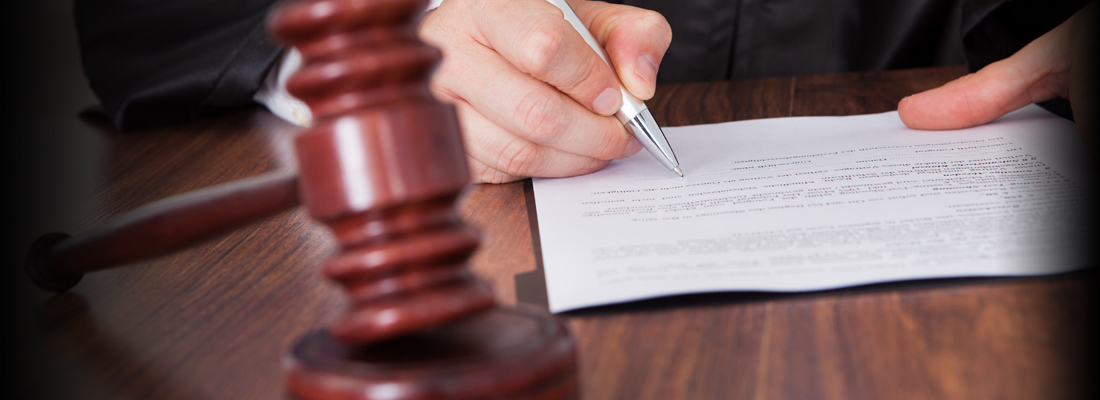

| PREVIOUS | HOME | NEXT |
Learning the pitfalls of expert witnesses By John Reynolds, KT Journalism One of Australia’s leading ‘legal expert’ experts is taking to the road to help some of the best minds in the law avoid the traps associated with calling a specialist to the stand. Unisearch Expert Opinion Services group executive John Arneil is presenting an AILA seminar series to update experienced lawyers and educate younger AILA members on how to properly use professionals in court. He specifically addresses the role of experts in court and how to ensure specialist evidence is accepted by trial judges. “A lawyer has a key role in making sure the expert provides evidence needed for the case and that the judge is going to accept that evidence,” he said. “But we too often see experts presenting sloppy evidence, relying on hearsay materials to support their case without quality research or a clear data trail to demonstrate how they reached their conclusions. “Before presenting any expert evidence in court, the lawyer must make sure the information to be provided is easily accessible, robust, can stand up to scrutiny, has followed acceptable data-keeping procedures and is clear. “Judges rate clarity of expression as particularly important and it should be important to the lawyers presenting the case as well. “If one side has an expert who is difficult to understand and the other has someone who is clear, the easily understood expert [will] have a greater impact with the judge or jury. He may be wrong, but at least he is clear.” Unisearch is owned by the University of New South Wales and has provided expert opinion services to the legal sector, industry and government since 1959. Since 2006, Mr Arneil has had primary responsibility for Unisearch Expert Opinion Services, overseeing a team that manages more than 900 cases a year. He said the lawyer’s role went further than simply engaging an expert, briefing them and letting them run with the evidence. Lawyers needed to keep a close eye on what was being researched by the expert and what he or she intended to say or present in court. “If the expert comes up with new material during their research and intends to present it in court, the lawyer needs to vet it first to make sure it meets the standards of evidence,” he said. “The lawyer needs to be sure the research the expert used to reach an opinion has been properly obtained and documented. It’s not good enough for an expert to just say ‘I believe’. Experts need to demonstrate to the judge how they came to their conclusions.” Mr Arneil said specific points covered in his seminars included how to handle an expert who changed an opinion, the types of experts available for specific cases, data management, unique aspects of medical experts, how to use an expert in court, standardising the language of experts and how to make sure an expert’s report was admissible. He uses real cases to highlight some issues that have affected court outcomes. They include Makita v Sprowles (2001) where the expert had general knowledge of the issue under review but not a specific understanding of the case; and Dasreef v Hawcher (2011) where the expert was giving evidence about dust clouds generated by an angle grinder. During the trial, the expert admitted he had seen an angle grinder in operation only once, and had relied on hearsay comments to reach his conclusions. “In Dasreef v Hawcher, the evidence provided by the expert did not reach the standards required by a court,” Mr Arneil said. “They were building a house [of evidence] without foundations.” It was important to ensure an expert witness was honest in his or her reasons for giving evidence for one side or the other and understood they were there to help the judge and jury, not the legal team who employed them. “The case of Gordon Woods is a good example,” Mr Arneil said. “Gordon Woods was convicted in 2008 of throwing his girlfriend Carolyn Byrne from a cliff near Sydney in 1995. “But among the many reasons the NSW Court of Appeal overturned the conviction was the expert witness lacked credibility because he clearly saw himself as part of the prosecution case, and therefore a member of the prosecution team.” |
Resolve is the official publication of the Australian Insurance Law Association and
the New Zealand Insurance Law Association.

